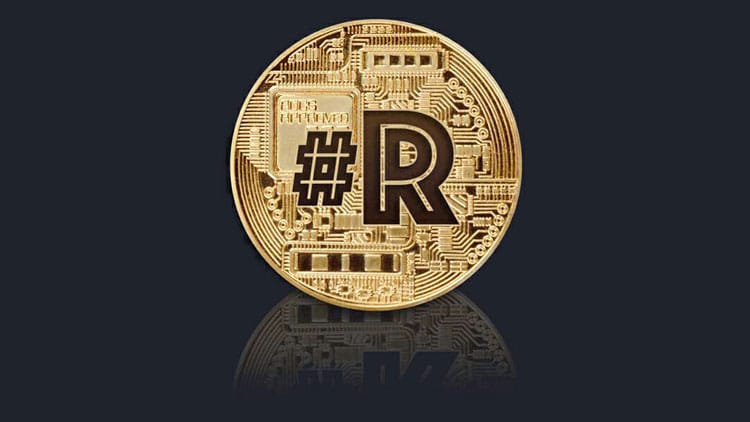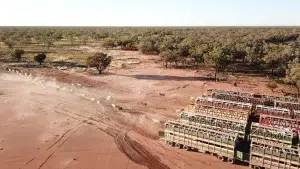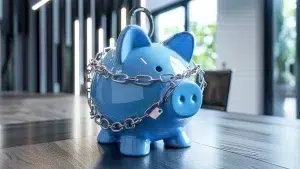Author: Dani Stüssi, CEO Realunit Schweiz AG
The tokenization of real assets has enormous potential and represents a strong use case for blockchain technology, potentially enabling the next wave of users to enter the world of digital assets.
In this blogpost, we answer the most frequently asked questions about real world assets (RWAs) and explain the differences with cryptos, stablecoins and non-fungible tokens (NFTs). We will be happy to answer any further questions you may have. Please contact us via the contact form.
What are real world assets (RWAs)? What is the definition of RWAs?
Real world assets, or RWAs for short, are tangible and intangible assets in the physical world (e.g. real estate, shares, commodities, CO2 certificates, etc.) that are digitized as tokens on the blockchain. The tokenization of RWAs makes it possible to bring these “off-chain” assets onto the blockchain (“on chain”). As a result, these on-chain financial products offer new possibilities in terms of potential use cases – see the examples below for an illustration.
What is the difference between RWAs and cryptos?
RWAs, unlike cryptos, are mostly tangible assets that exist in the physical world. The value of crypto assets, on the other hand, depends on supply and demand due to the scarcity of tokens, the size of the network and the respective use case or growth potential of the corresponding blockchain.
What is the difference between RWAs and NFTs?
RWAs differ from non-fungible tokens (NFTs) in that the majority of them (like cryptos) are “fungible” tokens and therefore divisible and not unique. RWAs are mostly tangible assets that exist in the physical world, whereas NFTs are digital assets that are unique and have no tangible form.
What is the difference between RWAs and stablecoins?
Stablecoins are linked to the value of the corresponding fiat currencies such as USD, EUR or CHF and enable a stable store of value within the crypto ecosystem. RWAs are tokenized assets such as gold, real estate, etc. or securities such as shares or bonds.
What are the advantages of RWAs?
With the tokenization of RWAs, market participants can benefit from higher liquidity, more efficiency and greater transparency. As these digital assets are located directly on the blockchain, they can be held by decentralized finance investors and thus reach a broader group of buyers. Many people around the world still do not have access to banking services in 2023. RWAs enable these people to also investin tangible assets and thus better protect their savings against the collapse in value of fiat currencies.
What are some common use cases for RWAs?
Three categories of RWAs can be formed:
1) Financial products (security tokens) such as shares, bonds, funds or ETFs
2) Real estate – tokenization of real estate directly or indirectly through real estate funds
3) Alternative assets such as gold, silver, diamonds, art, vintage cars, etc.
How high is the market potential for RWAs?
The popularity of RWAs is already reflected in relevant market data: The value that has flowed into RWAs since the beginning of the year has risen by around 795%, from 118 million to over one billion US dollars. The number of RWA token holders on the Ethereum blockchain is also growing strongly. The tokenization of US government bonds (US Treasuries) has assumed a volume of over USD 600 million in 2023 alone. Global growth of tokenized assets is expected in various sectors, with a projected 50-fold increase between 2022 and 2030 from USD 310 billion to USD 16,100 billion.
Why are RWAs exciting for the Decentralized Finance (DeFi) market?
As these physical assets are now located directly on the blockchain, they can also be held by DeFi investors, thus opening them up to a wider range of buyers. MakerDAO, one of the largest DeFi protocols, now holds a considerable share of its assets in RWAs. The merging of the traditional and decentralized financial world is progressing rapidly.
Is the RealUnit share token also an RWA?
Yes, the RealUnit token is a registered security and represents a share of RealUnit Schweiz AG on the blockchain. Our investment company uses this share capital to invest in various assets such as gold, silver and listed shares in crisis-resistant companies with healthy balance sheets. The RealUnit token provides access to a real asset strategy on the blockchain that is actively managed by financial professionals and is 100% backed by real assets.
Who guarantees the underlying real value of the token?
The auditor of RealUnit checks our balance sheet annually. In the case of precious metals or physical cash held in secure storage, the auditor visits these locations and counts the holdings on site. For other RWA investments, the controls in place may vary depending on the provider of digital assets. Therefore, before deciding on an investment, it is worth carrying out appropriate research and due diligence to avoid any nasty surprises later on.
Where can I buy RWAs?
Most RWAs can currently be purchased on the largest DeFi protocols. It is still difficult for Swiss bank customers to access RWAs, as the relevant exchanges such as the SDX still offer very few options. Around 35 share tokens as well as our RealUnit token can be traded on the Aktionariat AG platform.
Where can I store RWAs safely?
Like cryptos, RWAs can be stored in your own wallet without a financial intermediary. If you don’t want to take on this responsibility yourself, more and more Swiss banks are offering crypto custody services. However, the options for custody services of share tokens is still very limited. At the end of October 2023, Hypothekarbank Lenzburg launched a custody offering for RealUnit Schweiz AG’s digital share tokens as its first flagship project. The latter can now be deposited with the Swiss bank.










